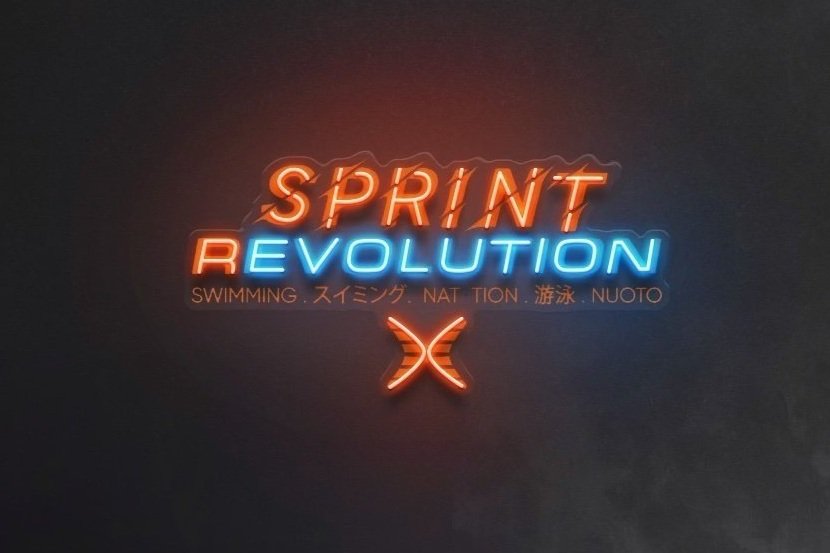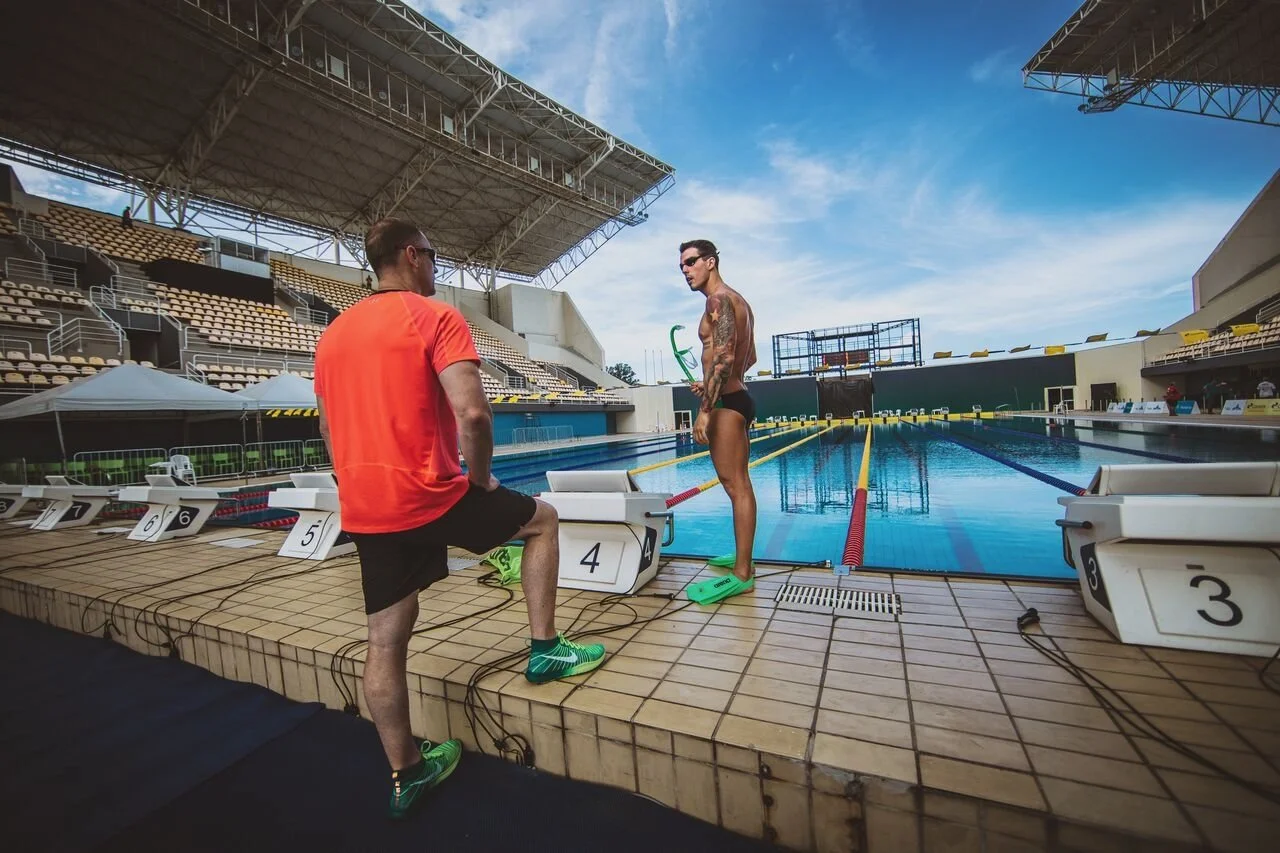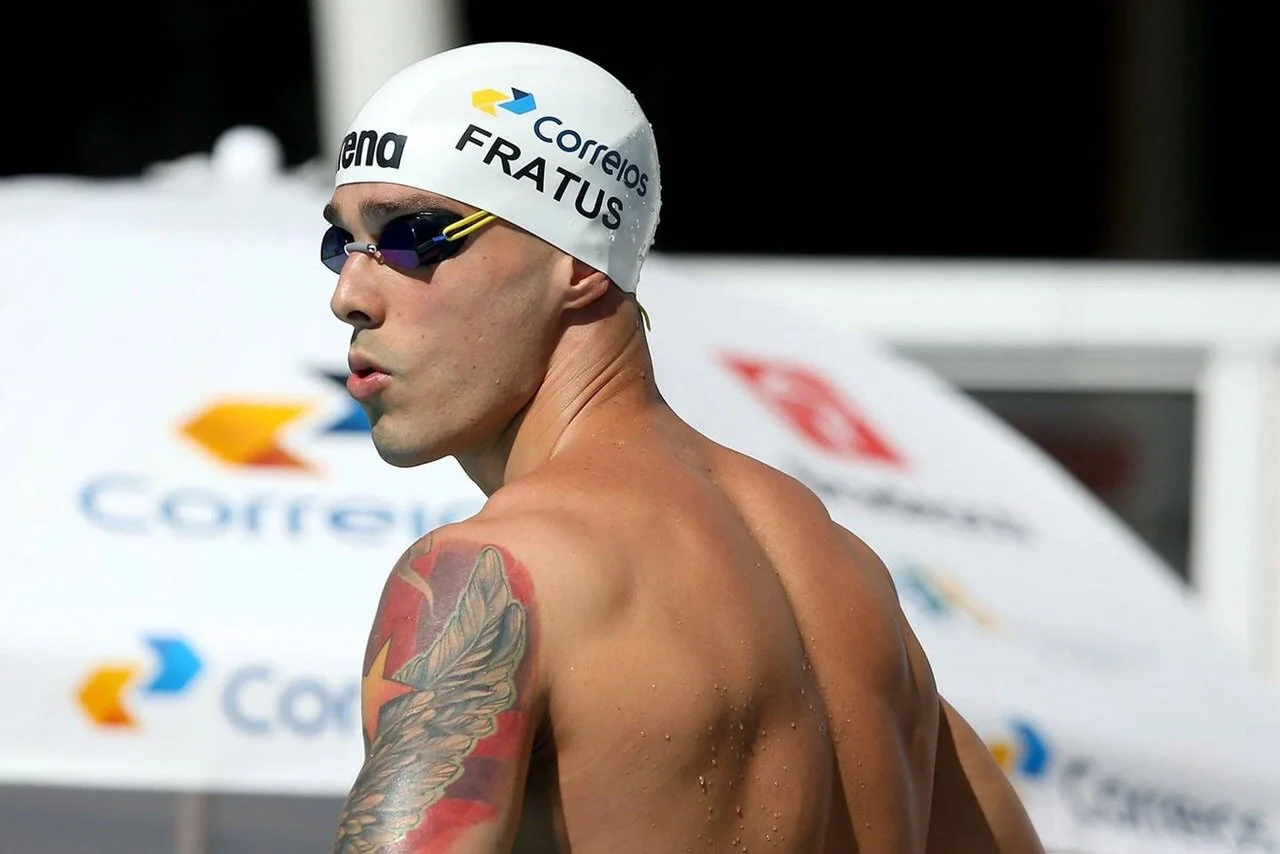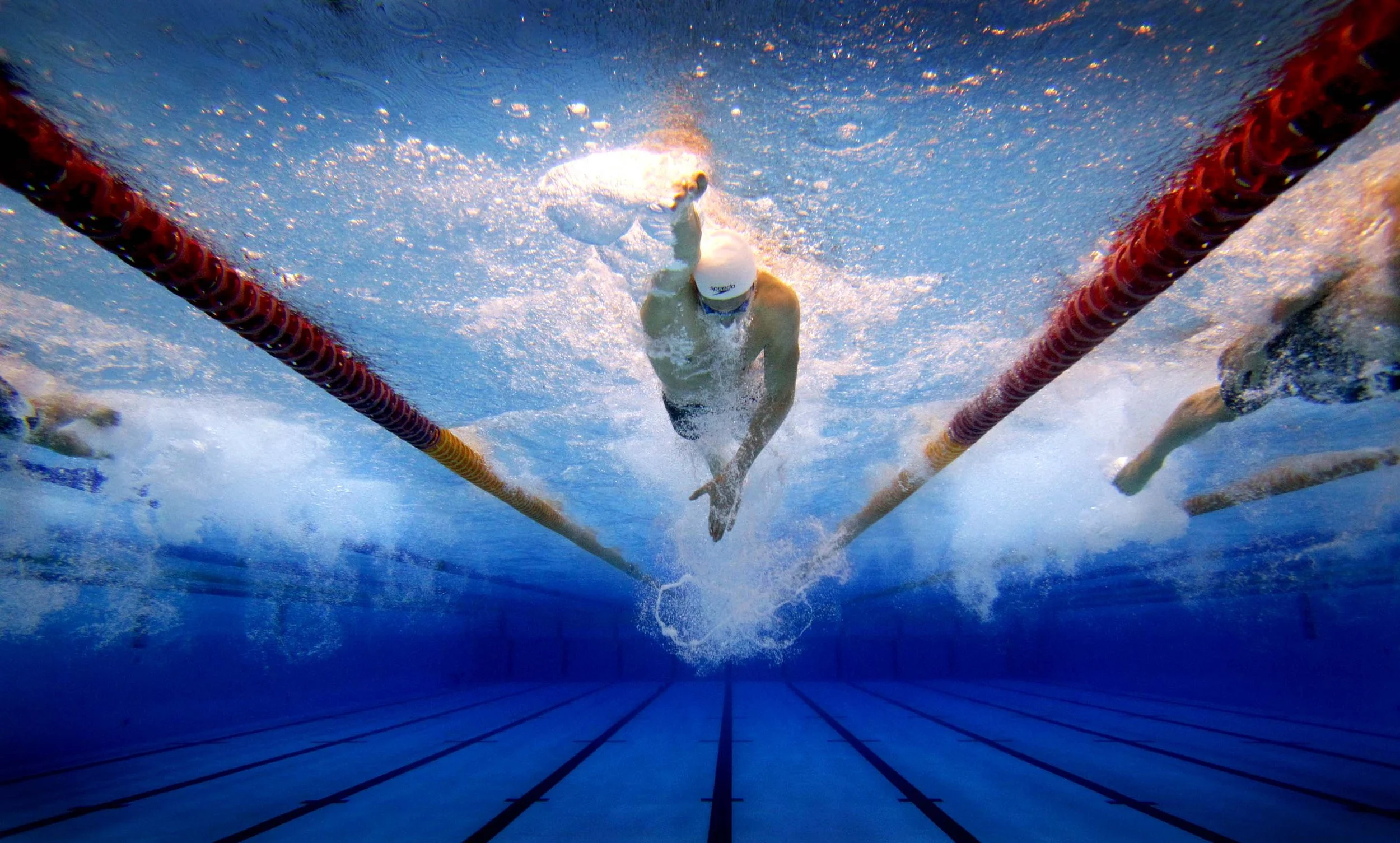The Rise of the 50 Specialists in Swimming
For a long time, sprinting in swimming meant the 100 freestyle. That was the standard everyone measured themselves against. The 50 was treated like a warmup event or an afterthought. Even the best in the world didn’t put much specific work into it. They trained for the 100 and just hoped their raw speed would carry them through a 50.
That’s changed.
We’re seeing a clear divide now between swimmers who specialize in the 50 and those who still try to cover both. And it’s not just about preference, it’s about physiology, training, and opportunity. The addition of the 50s of stroke to the Olympic program makes them legitimate targets now. On top of that, events like the Enhanced Games have created financial incentives for athletes to focus solely on being the fastest over one lap.
I’ve seen this transition up close for years. When I was coaching at Auburn, we started breaking away from the traditional model.
Instead of asking sprinters to stretch up to the 100 or 200, we built programs specifically around the 50.
Short, intense efforts. High rest. Low volume. All geared toward maximizing power and speed over 20 seconds.
One moment that sticks with me happened in the early 2000s at an Australian team meeting. I was in the room with all the coaches and decision-makers, and the discussion was dominated by strategy for the 100s and 200s. Nobody was giving the 50 a second thought.
I had to step in and say, “The gold medal in the 50 is the same size and the same color as the one in the 200. It’s worth the same.” I’ve been defending the 50 for over 30 years now. It’s time we gave it the respect it deserves.
One of the clearest examples of 50-meter specialization is Bruno Fratus. What he’s done is unique in the history of the sport, he went under 22 seconds in the 50 freestyle more than 100 times.
That’s not about one good taper or one fast season. That’s about consistency at the elite level over a decade. Bruno was never trying to be a great 100 swimmer. Our whole system, training, recovery, technique, was built around repeating the same high-level 50 again and again. That takes discipline. It takes precision. And it proves that the 50 is its own event.
You look at someone like Ben Proud today and you see a similar commitment. He’s not trying to split his focus. His program is all about peak velocity and sustaining it just long enough. And then there’s Cam McEvoy, who’s made one of the most interesting transitions in recent years, from a 100/200 guy to a true 50 specialist. He cut the volume, shifted to power and neural work, and found a new gear by simplifying his focus.
In fly and backstroke, it’s the same story. Andrii Govorov’s world record in the 50 fly didn’t come from 100 training. It came from swimming differently, faster tempos, sharper starts, more attention to detail. Isaac Cooper is another example. He’s come up with a program centered around underwater speed and max tempo, he’s not trying to train like a 200 swimmer.
The training reflects these priorities. Long rest between efforts. Fewer reps, but higher quality. We focus more on starts, breakouts, and transitions because those details decide races in the 50.
PHYSIOLOGICAL DIFFERENCES
1. Energy System Dominance
50m:
Primarily ATP-PC system (phosphagen system).
Race duration is approximately 20–21 seconds, short enough that it can be powered almost entirely by stored ATP and phosphocreatine.
Very little lactate produced (if any).
Goal: Maximize power output before fatigue kicks in.
100m:
A mix of ATP-PC and anaerobic glycolysis, with some contribution from the aerobic system near the end.
Duration is approximately 46–48 seconds.
Lactate accumulates quickly, leading to metabolic fatigue mid-race.
Goal: Manage deceleration by pacing early power and tolerating acidosis late.
2. Recovery Needs
50m:
Requires longer recovery between reps in training - 5 to 20 minutes rest between speed reps.
Focus is on quality, not volume.
100m:
Can tolerate more reps per set and less rest (1 to 5 minutes rest between sprint reps) because it trains both power and lactate tolerance.
Higher training volume is necessary to build both energy system overlap and race-specific endurance.
PSYCHOLOGICAL DIFFERENCES
1. Execution vs. Strategy
50m:
Psychologically similar to a 60m dash in track: one shot, no room for error.
Start, underwater, breakout, and tempo all have to be perfect.
Any hesitation or mistake is race-ending.
Swimmers must have supreme confidence in their preparation and execution.
100m:
More room for tactical decision-making (out fast vs. controlled opening 50).
Requires awareness of pacing and competitors.
Swimmers need the mental toughness to push through rising pain and discomfort in the final 25 meters.
The 50 isn’t just a shorter 100. It’s a different race. Different demands. And it needs to be treated that way.
Sprint Revoluton Sprint Workouts here




